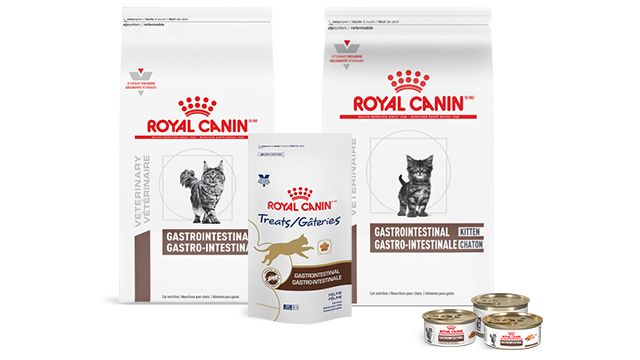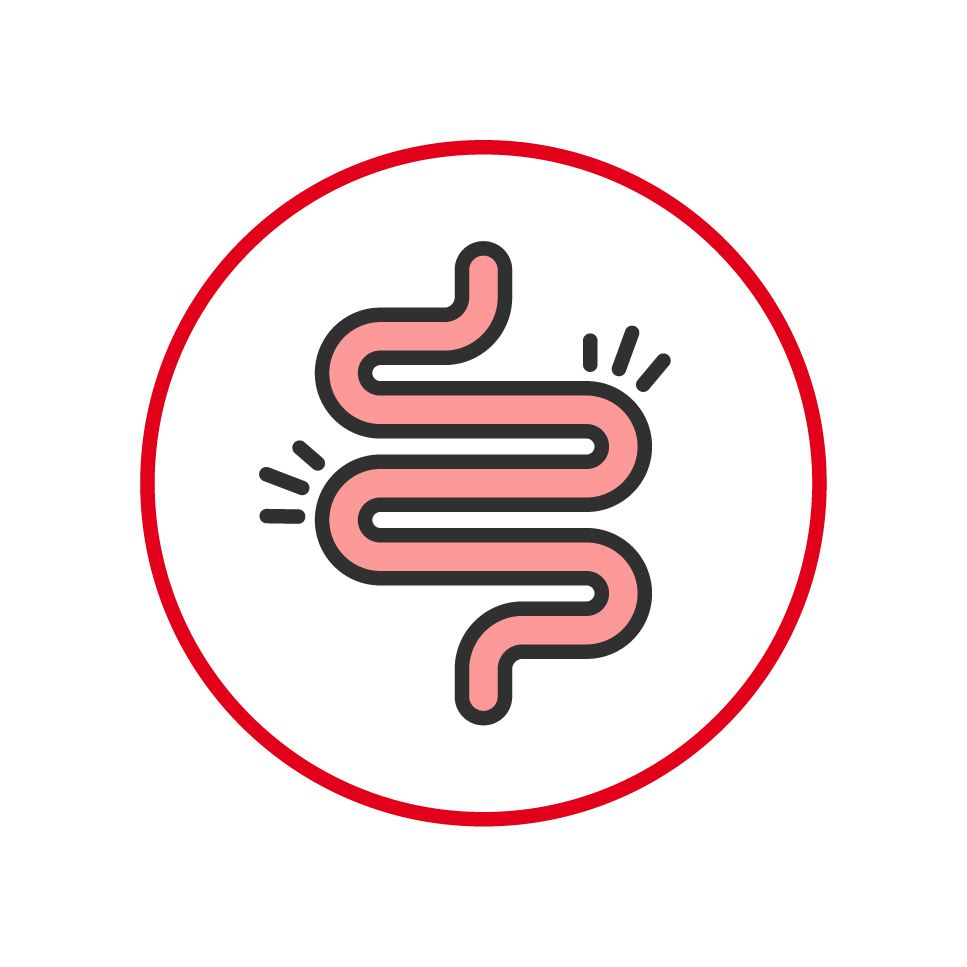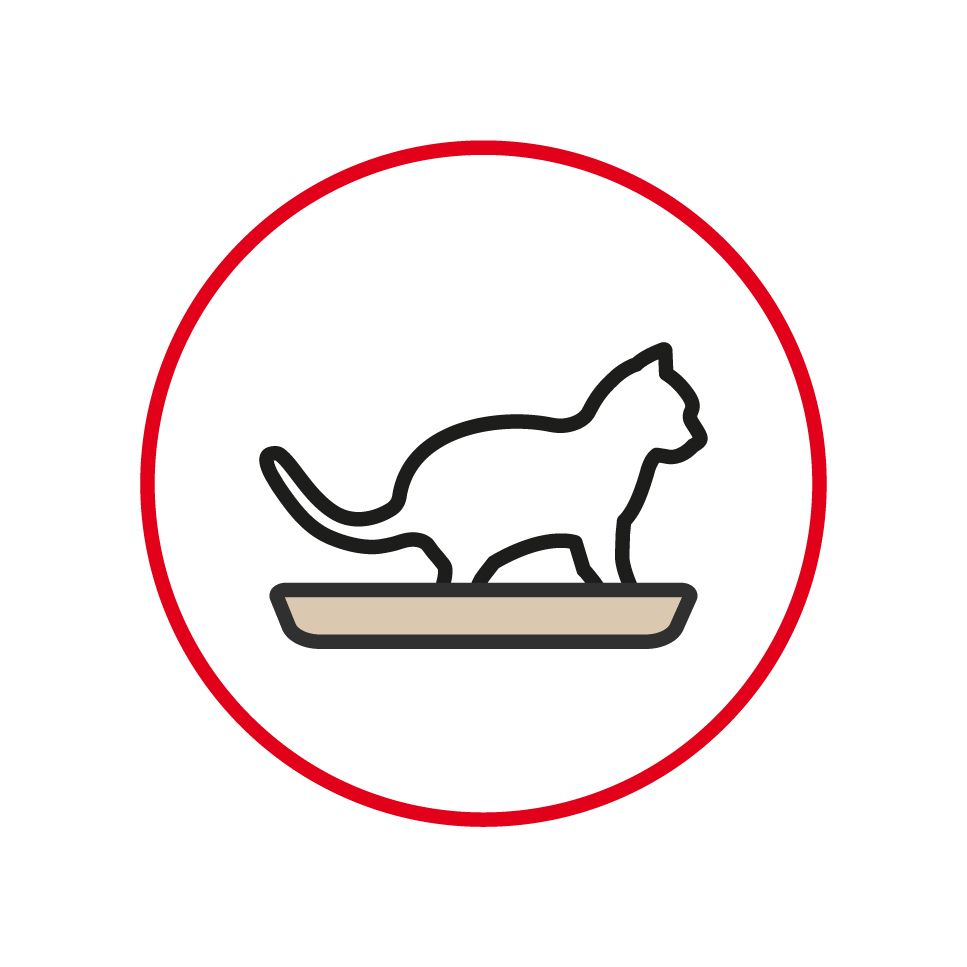Understanding your cat's gastrointestinal and digestive health
If you suspect your cat could be suffering from a gastrointestinal issue it's important to speak to a veterinarian as soon as possible so they can diagnose it and discuss management options.
What are the most common gastrointestinal disorders in cats?
Constipation
Hairballs
Cats lick themselves to stay clean but licking can lead to the ingestion of hairballs. These are usually regurgitated but occasionally cause constipation or even a blockage. If your cat is regularly producing hairballs, speak to your veterinarian about how to best manage this condition.
IBD
Inflammatory Bowel Disease (IBD) is a common chronic digestive disorder in cats.
Inflammation in the intestines can lead to a range of signs, including diarrhea and vomiting.
Contact your veterinarian if your cat is showing any of these signs.
Pancreatitis
This inflammatory disease can range in severity and is difficult to diagnose in cats. Typical signs of pancreatitis in cats include lethargy, weight loss, and a disinterest in food.
Acute gastroenteritis
If your cat is suddenly vomiting or has diarrhea, they may have acute gastroenteritis: inflammation of the stomach and intestine caused by bacteria, parasites, medication, or eating something disagreeable.
Diarrhea
Diarrhea is a sign of many different conditions, both mild and severe, and is most commonly caused by intestinal dysfunction. If your cat has persistent diarrhea or shows other signs, contact your veterinarian.
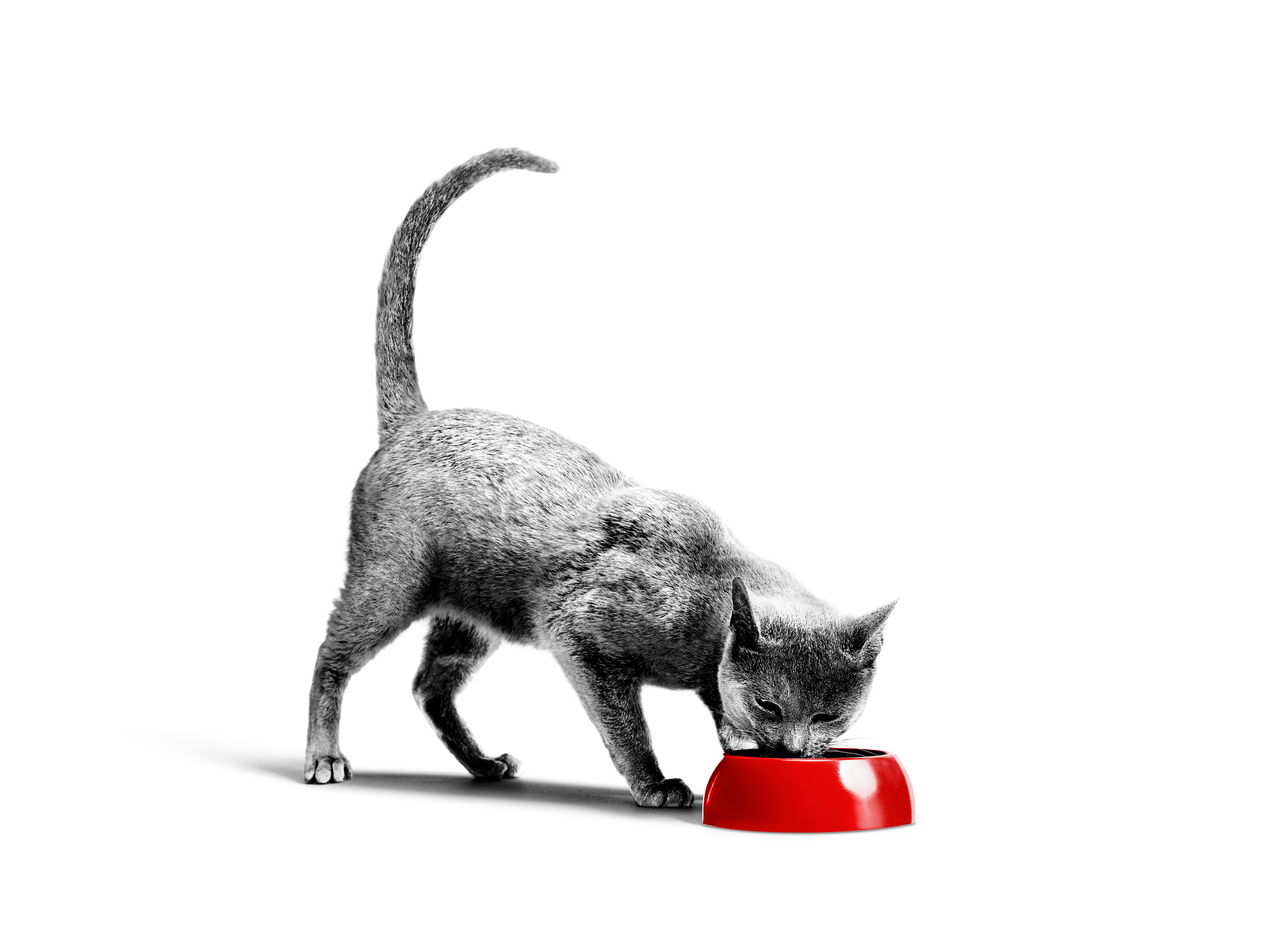
What is the difference between acute and chronic digestive issues?
The medical treatment your cat receives will depend upon whether their condition is acute or chronic. In some cases, their long-term nutritional needs may also be affected.
The importance of tailored nutrition
Here are some examples of when your veterinarian may recommend a dietary change.
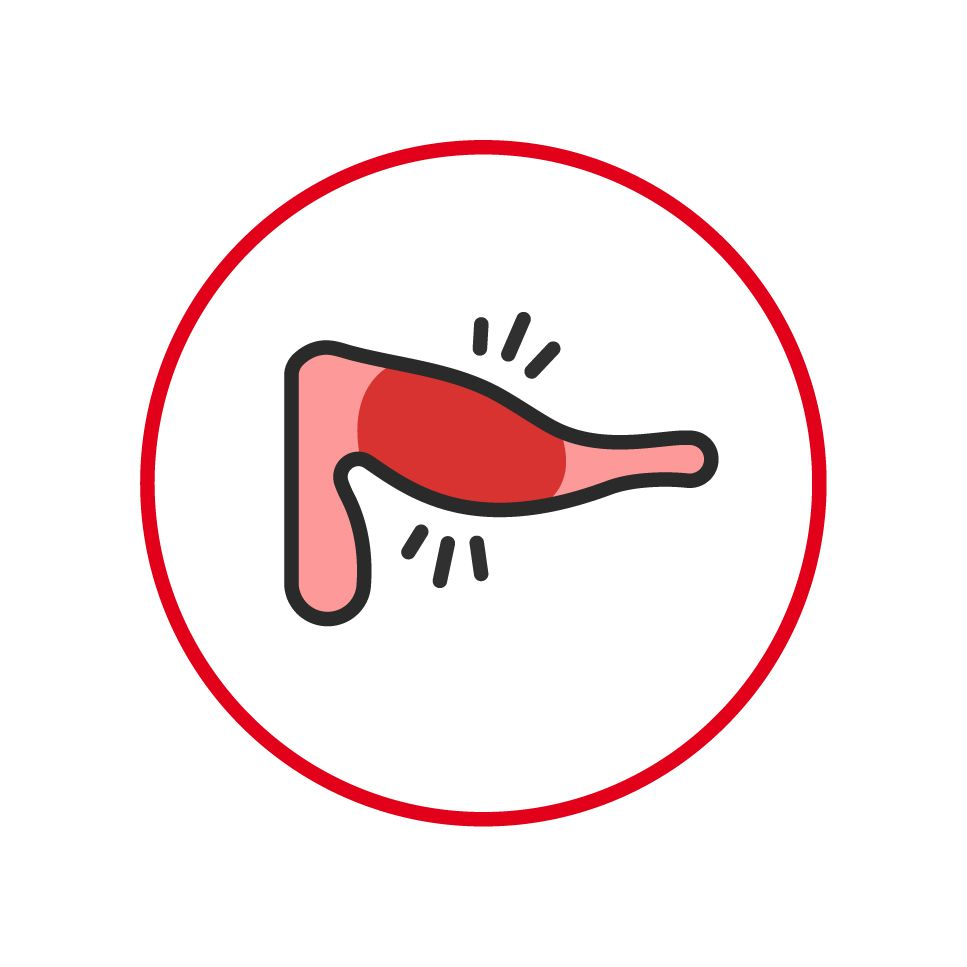
Pancreatitis
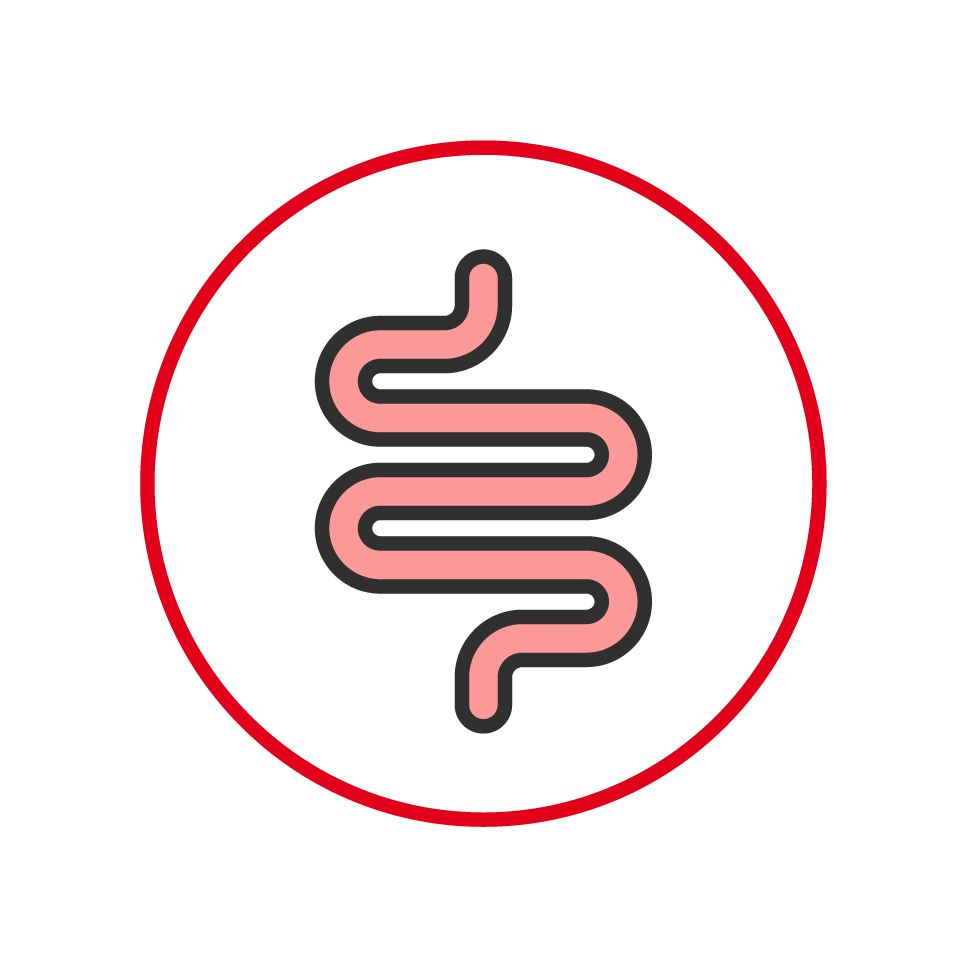
Gastroenteritis
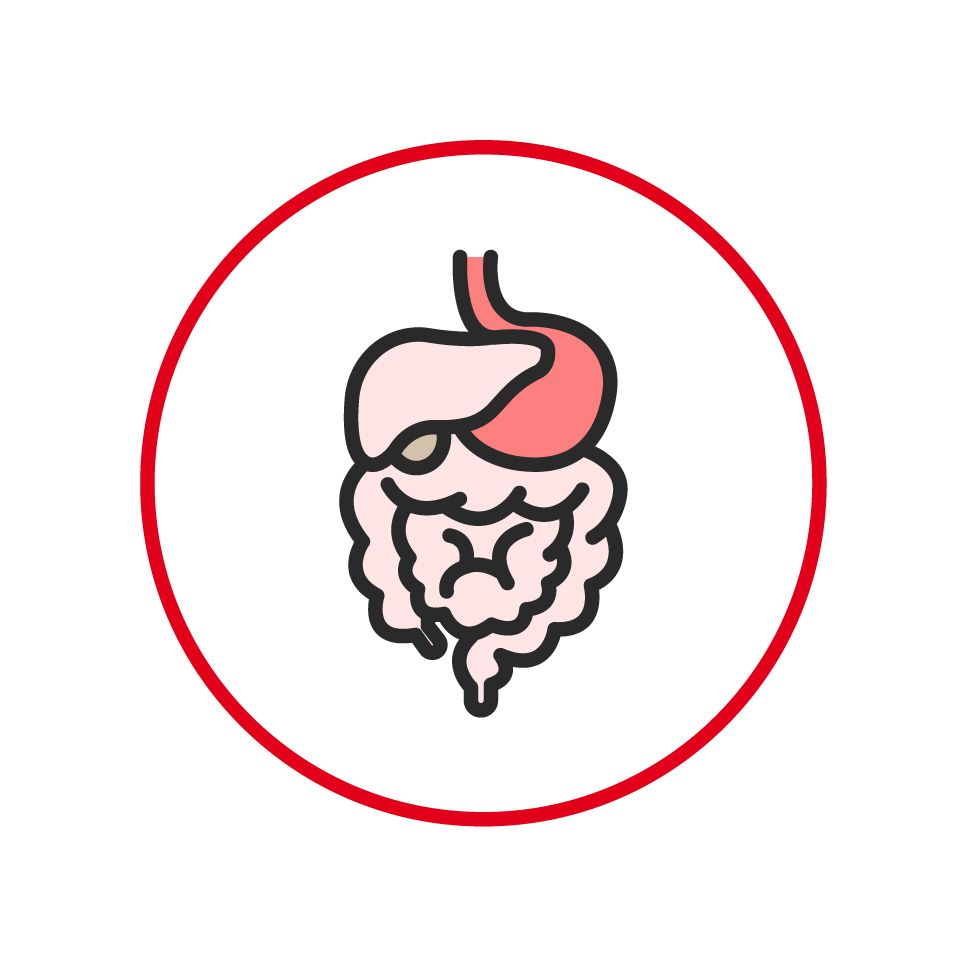
Colitis
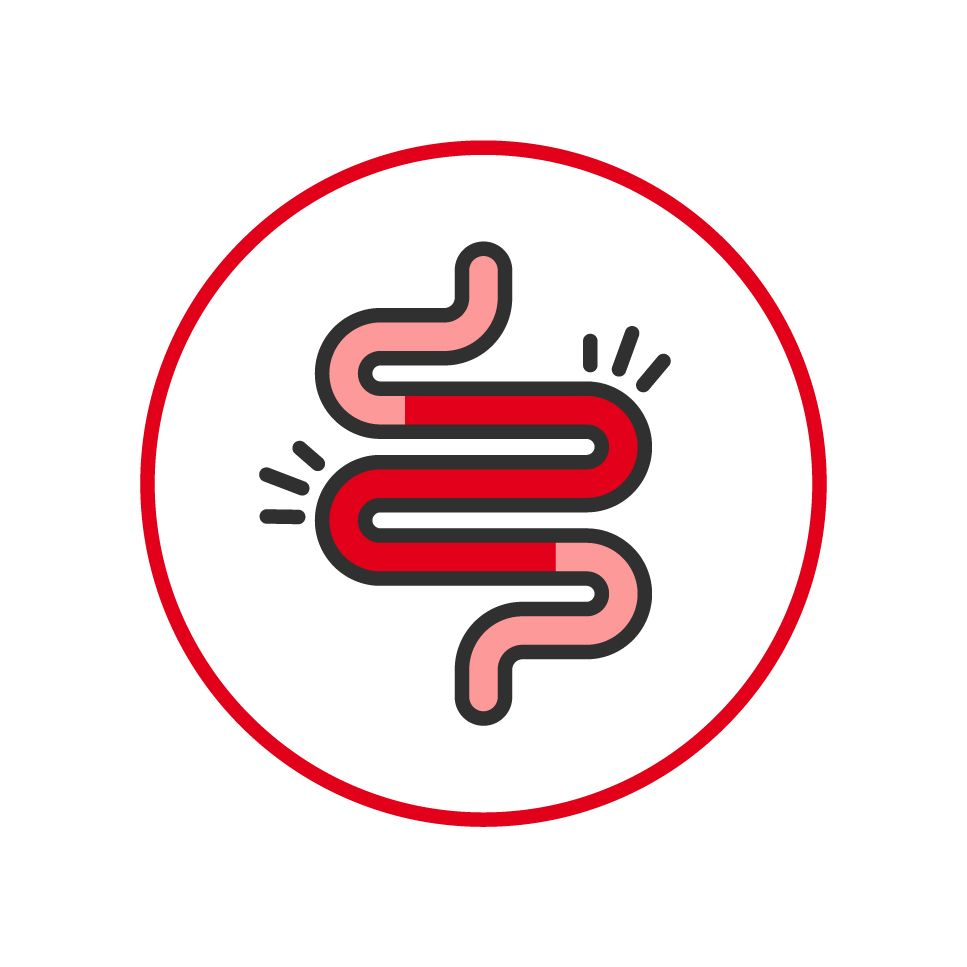
IBD
If your cat is suffering from an acute gastrointestinal health issue, the change in diet may be temporary, but if it’s chronic they may need to stay on the new diet for the rest of their lives.
If you do decide to change your cat's diet once their signs have subsided, you should make the change slowly and continue to support their health through a premium formula - like Digestive Care or Feline Breed Nutrition diet.
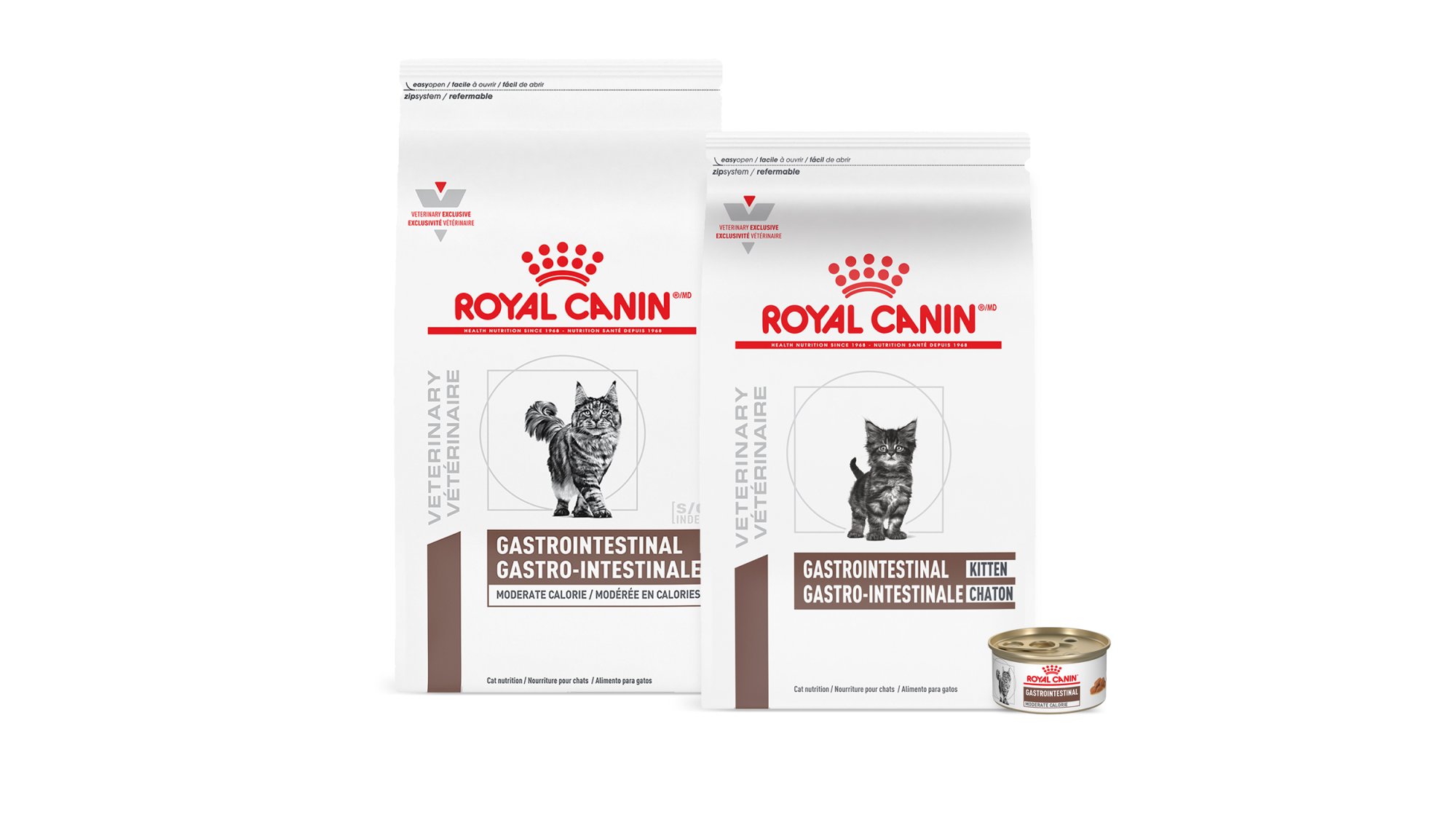
The Royal Canin Gastrointestinal cat food range
1. Rich in nutrients and easily digestible, Royal Canin’s gastrointestinal products are specially designed for cats experiencing digestive issues.
2. Each product has been precisely balanced for good digestion, while the blend of balanced fibres and prebiotics support your cat’s digestive health.
3. A choice of diets lets you tailor meals to suit their needs – including dry and wet food options, kitten formulas, and moderate-calorie alternatives.
4. The highly palatable formulas encourage cats to eat even when they’re experiencing a decreased appetite from a gastrointestinal upset. This can help a cat maintain or recover weight during an illness.
Learn more about supporting gastrointestinal health with Royal Canin diets
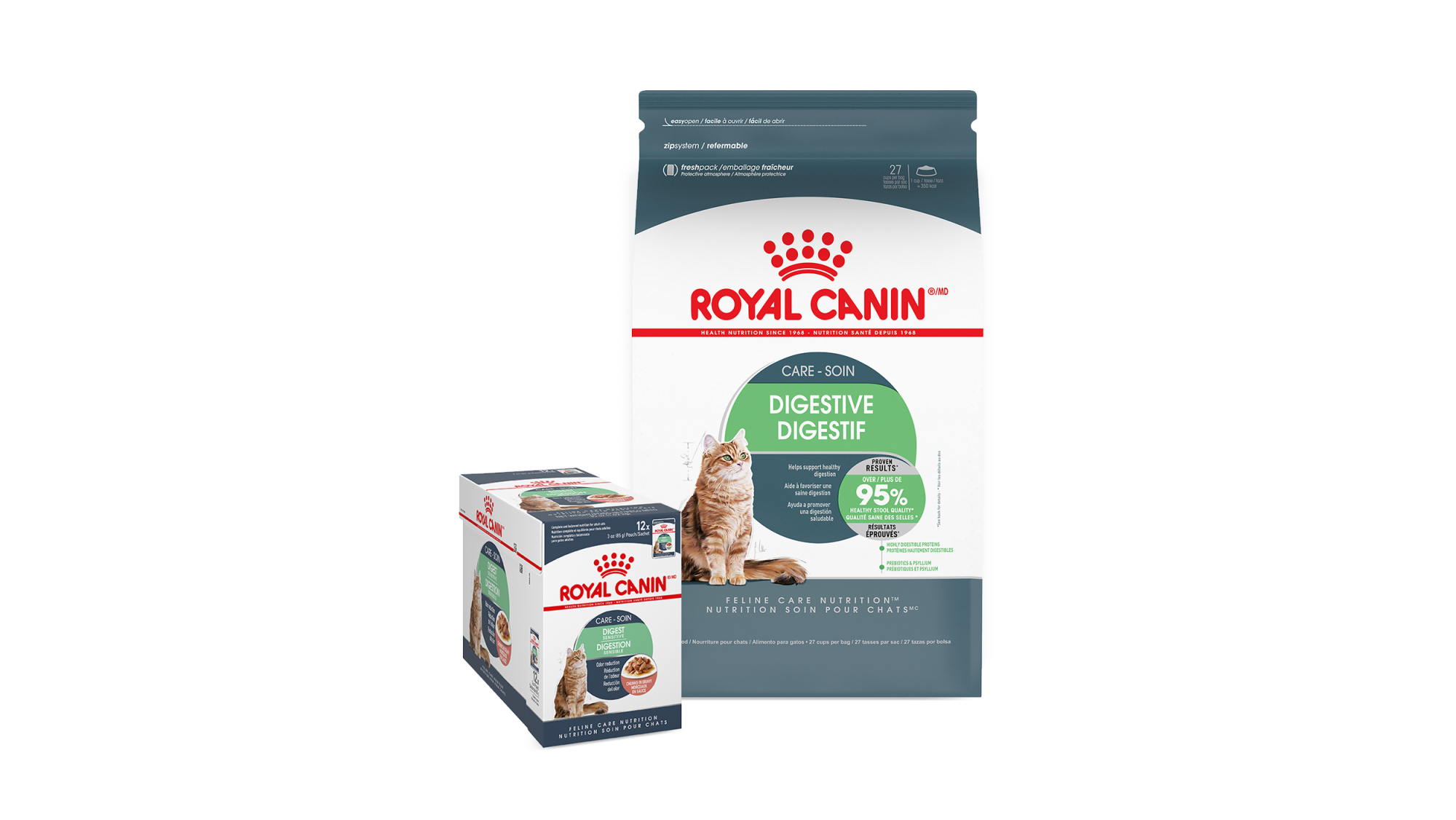
Digestive Care diets
